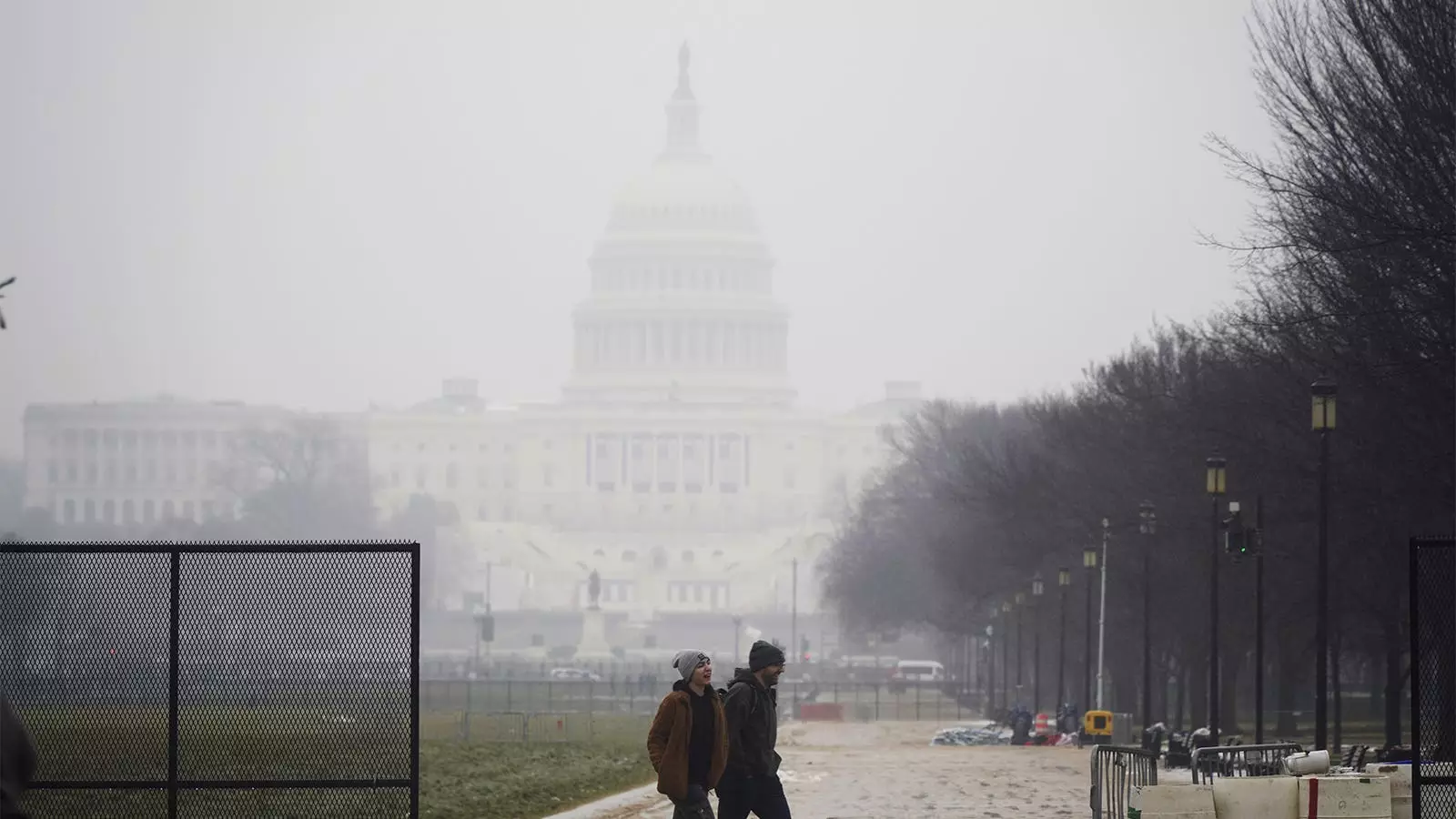President Donald Trump’s inauguration day on Monday was marked by a significant array of executive actions that reshaped the landscape of U.S. domestic and foreign policy. Within hours of taking the oath of office, Trump not only reinstated his administration’s stance against various Biden-era policies but also reignited the controversial decision to withdraw from the World Health Organization (WHO). This moment was steeped in political symbolism, demonstrating Trump’s ongoing battle against what he characterized as the previous administration’s failures. The swift actions he took symbolized a dramatic shift in the U.S.’s approach to global health governance.
Trump articulated in his order that the U.S. withdrawal from WHO was prompted by the organization’s perceived mishandling of the COVID-19 crisis, especially regarding its response to the outbreak that originated in Wuhan, China. In his view, WHO had failed to reform itself adequately and had shown excessive deference to political pressures from member states, particularly China. The notion that the U.S. was bearing a disproportionate financial burden compared to other nations played into a broader narrative of economic nationalism that has been central to Trump’s platform.
The backlash from healthcare professionals and global health advocates was immediate and robust. Tom Frieden, former director of the CDC and current president of Resolve to Save Lives, condemned the U.S. withdrawal, arguing that pulling out of WHO would not only jeopardize American lives but could also destabilize international health efforts. Frieden’s assertion that WHO is “irreplaceable” underscores the organization’s role in coordinating global responses to health crises. By stepping back from this crucial institution, Trump’s administration might be seen as prioritizing nationalism over international collaboration—a stance that many critics argue is short-sighted amidst the realities of a globalized world facing pandemics.
Critics argue that meaningful reform in organizations like WHO comes from within, necessitating constructive engagement rather than outright dismissal. Many believed that leveraging America’s influence could foster the necessary changes to improve the organization’s efficacy. Frieden’s insistence that the decision ultimately weakens America’s global standing highlights the tension between nationalist rhetoric and the practical needs of global health management.
Trump’s inaugural day actions were not limited to the WHO. He tackled several issues related to health and safety, including moving to withdraw from the Paris Climate Agreement. His reasoning for pulling out of international accords reflects a broader ideological viewpoint favoring American interests and skepticism towards global commitments perceived to undermine U.S. economic competitiveness. The expeditious nature of these actions suggests a dedication to fulfilling campaign promises, although it raises questions about long-term implications for U.S. international relations and environmental policies.
Among the several other executive orders rescinded by Trump was an initiative aimed at combating discrimination based on sexual orientation and gender identity, which had been a crucial step forward for LGBTQ+ rights under the Biden administration. This move sparked a broader dialogue about the implications for marginalized communities, steering the focus back onto how policy shifts could affect social justice initiatives.
Additionally, Trump’s decision to rescind Biden’s efforts related to COVID-19 vaccination mandates raises eyebrows, particularly given the prevailing context of the pandemic. As COVID-19 had reached a notable decline in fatalities and hospitalizations, Trump’s actions seemed incongruent with a public health strategy that many observers hailed as pragmatic. Here, one could argue that his administration’s choices might lack a fully developed strategy for managing public health in the long term, despite a narrative claiming to prioritize the welfare of the American populace.
Calling for Reform: A Divided Response
The reactions to Trump’s executive orders reflect a deeply divided nation, where policies are suspended in an ongoing tug-of-war between divergent ideological pursuits. Critics stress that engaging effectively in international bodies like WHO or embracing comprehensive domestic health reforms is essential for ensuring safety and equity within the U.S. and beyond. They advocate for a holistic approach to governance that embraces both national interests and global collaboration.
While Trump’s immediate actions on his first day might have rallied his core supporters by reinforcing campaign commitments, the broader consequences pose critical questions about the viability of pursuing isolationist policies in an interconnected world. The reality will see American policy navigated along treacherous paths that require both cautious introspection and bold action—a balancing act that will determine not only America’s place in the global framework but also the health and safety of its citizens amidst an evolving global health landscape.


Leave a Reply